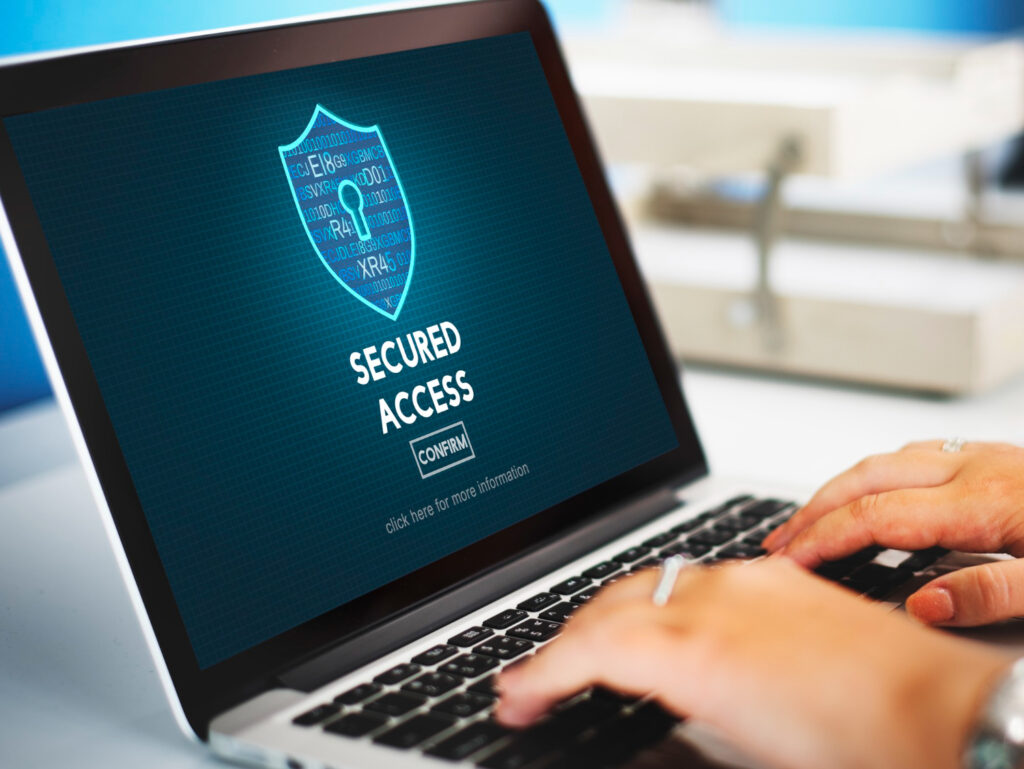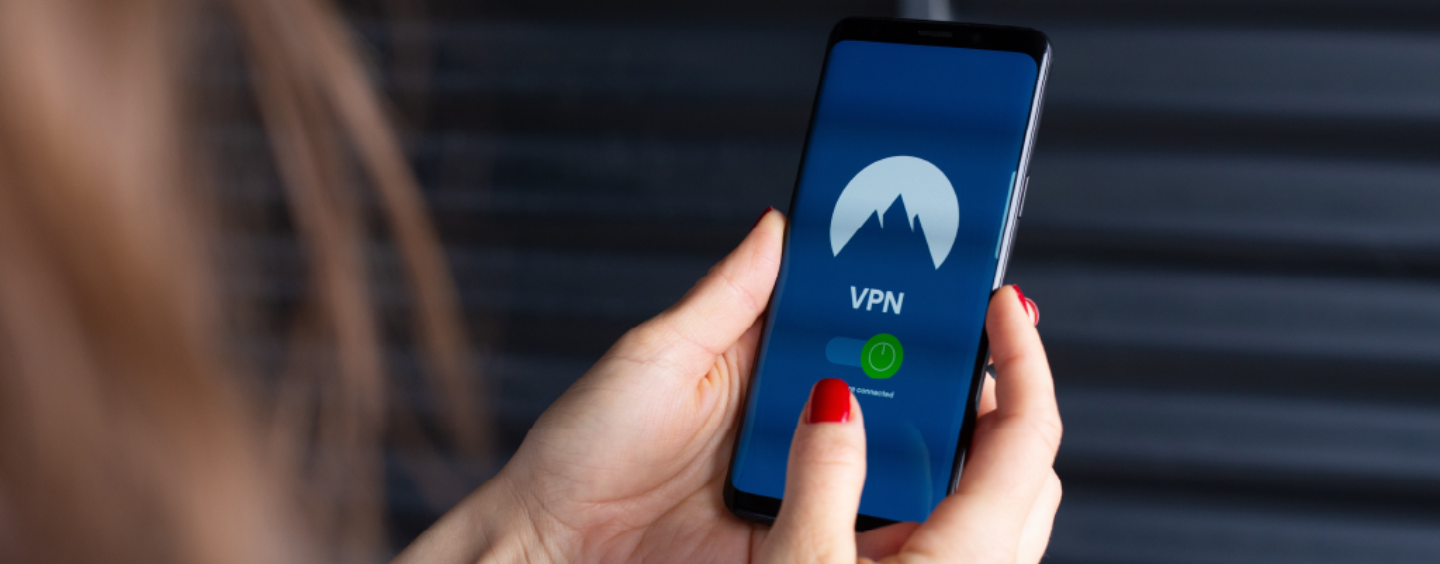Thanks to powerful internet technologies, we live in an age where monetary transactions can be executed within seconds. Banks now offer online banking services that make the customer experience easier.
You no longer have to wait in long lines to pay the bills or send money to family overseas. Everything can be done online – from small daily transactions to moving thousands of dollars to the other end of the world.

image via Freepik
Is Your Money Safe in Banks?
While we don’t doubt the convenience and ease of use of modern banking solutions, the question is whether your money is still safe with banks. Given that we’re moving toward a tough economic time, people are becoming more concerned about the safety of their hard-earned money.
Banking institutions are doing everything in their power to secure funds and online transactions. However, no security system is bulletproof. In other words, while your money is not in direct danger of being deposited at the bank, it can be susceptible to fraud and cybersecurity attacks if you’re using your financial info on the internet.
What is a VPN?
So now the question is, how do you ensure your online transactions will not result in a security incident? The answer is in virtual private networks or VPNs. A VPN is a security tool that can help you protect your banking and monetary information online.
It allows you to connect to a distant and encrypted server and thus hide your traces while surfing the web. As long as your VPN is active, hackers won’t be able to trace your online activities and tie them back to your personal information.
How to Use a VPN for Banking?
The first step to securing your data for banking purposes is to find an Australian VPN service that’s reliable and trustworthy. Typically, you’ll get to choose between a couple of different subscription plans, depending on your needs.
Once you’ve subscribed to the service and downloaded the app, you must follow the intuitive user interface and instructions to activate a VPN server. That means you will be connecting your device to a distant server in a different location, thus masking your real location and info.
The way it works is simple – a VPN changes your IP address and encrypts the data that travels back and forth to your bank’s website. So every time you communicate with the bank’s system or make any online transaction, this new location and encrypted info will travel to the bank’s website and back.
In other words, the bank or any receiver of your data will not be able to see where that data originally came from. This makes online banking and web surfing way more secure. Although many banks advertise that they use the most sophisticated security protocols, it won’t hurt to add an extra layer of protection on your end.
Other Ways to Leverage VPNs
If banking security is not reason enough for you to start searching for a good VPN service, there are other things about virtual private networks that you should know about. For instance, VPNs can be used for more than just securing your online transactions. Using a virtual private network is recommended every time you have to handle sensitive data online.
In the best-case scenario, you’d use a VPN all the time, regardless of what your online activities look like for the day. For example, a VPN can come in handy if you’re often on the go and use public Wi-Fi frequently. Public networks are open and not secured in any way, meaning they’re a good place for hackers to find their next target.
With a VPN, however, you won’t be visible to any other third parties on the same network, thus making it difficult (if not impossible) to steal your data or access your device. Besides, a VPN will allow you to access geographically restricted content and watch Netflix shows that might not be available in your area.
One Step Away From Online Security
Overall, a virtual private network is a great tool to have in your toolbox whether you use online banking all the time or travel often enough to need extra security. Keep in mind that there are lots of free VPNs out there, and although they’re advertised as ‘secure,’ chances are that there is some sort of hidden catch behind their service.
We highly recommend opting for reputable VPN services that offer multiple subscription plans and full transparency. In most cases, you’ll get a free trial period to test the service out before committing to any subscription plans. Make sure to prepare your VPN before your next banking transaction to eliminate potential security risks.
Featured image credit: Pexels








